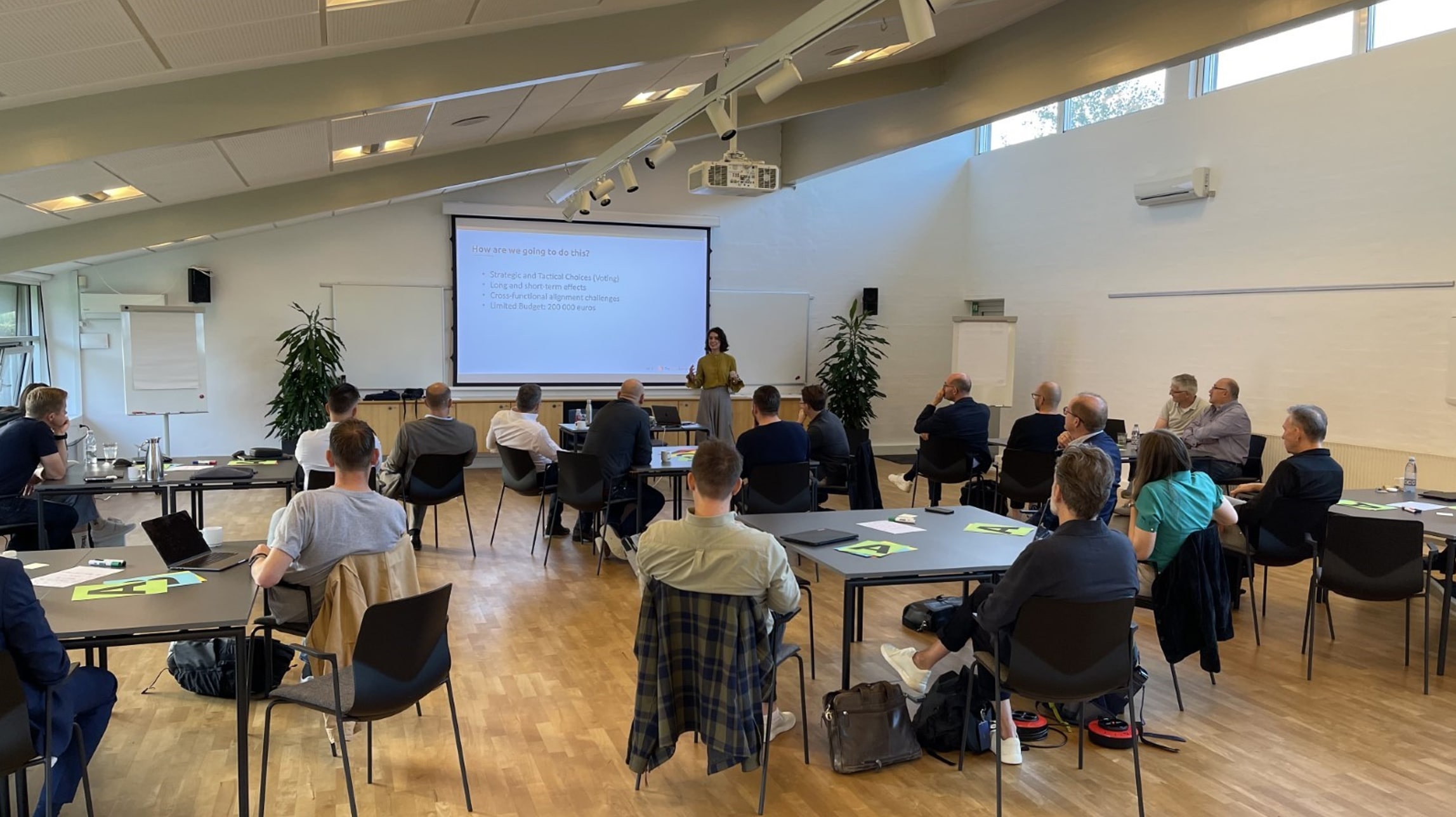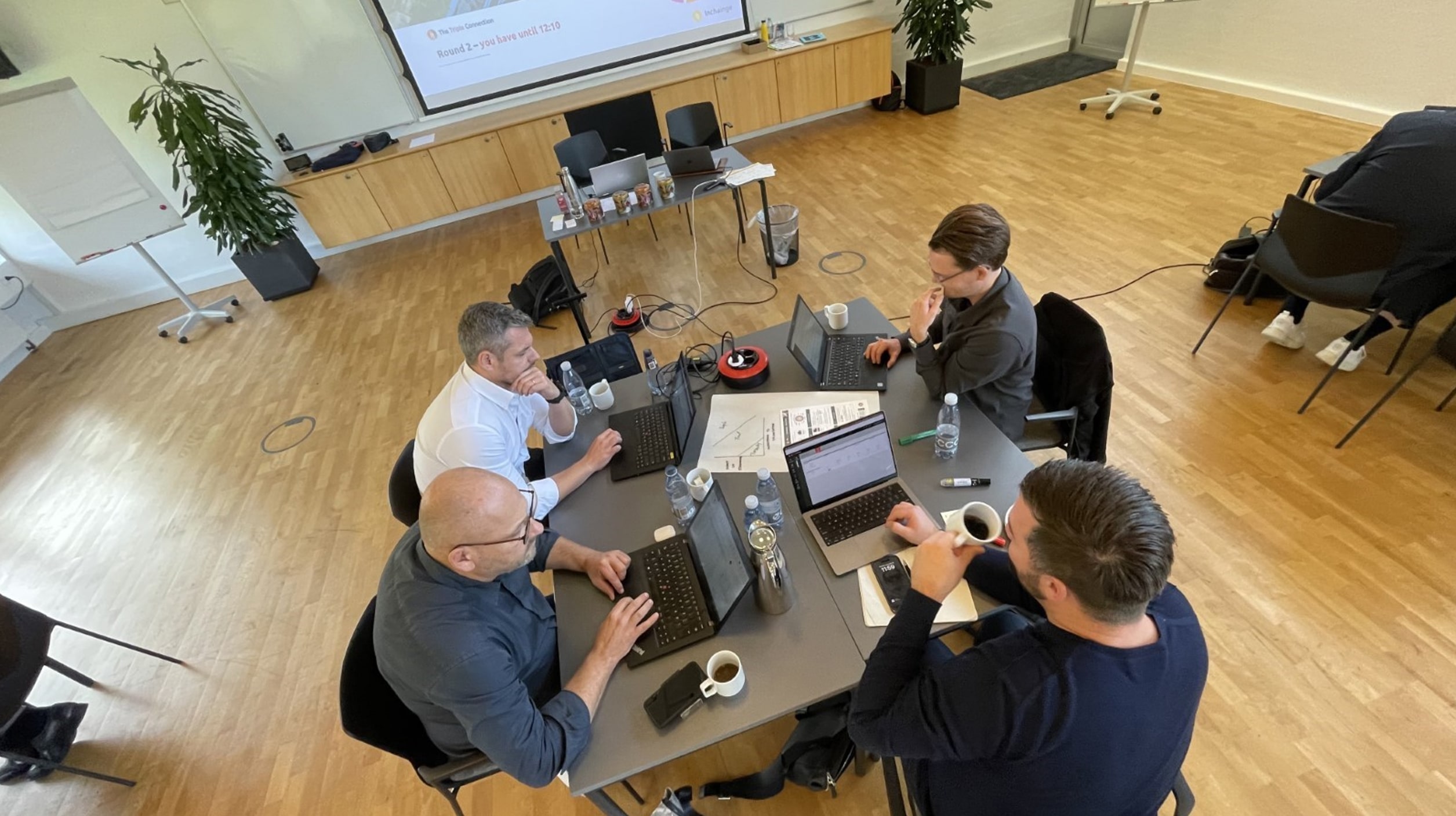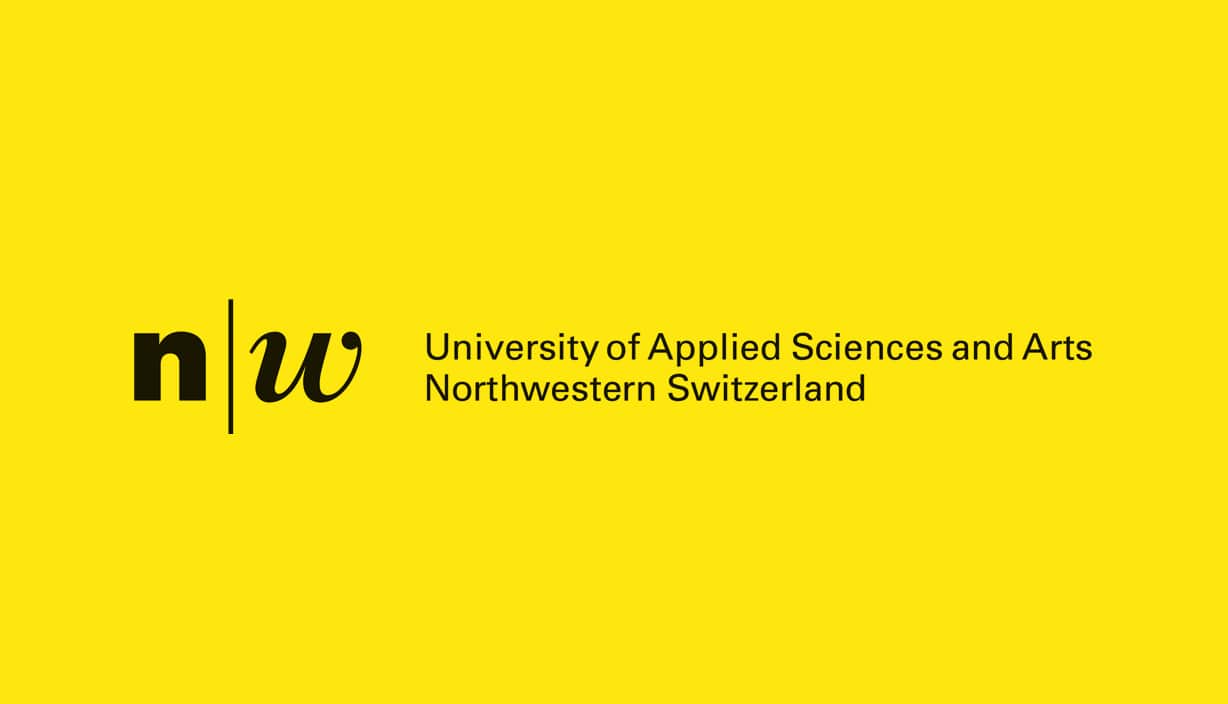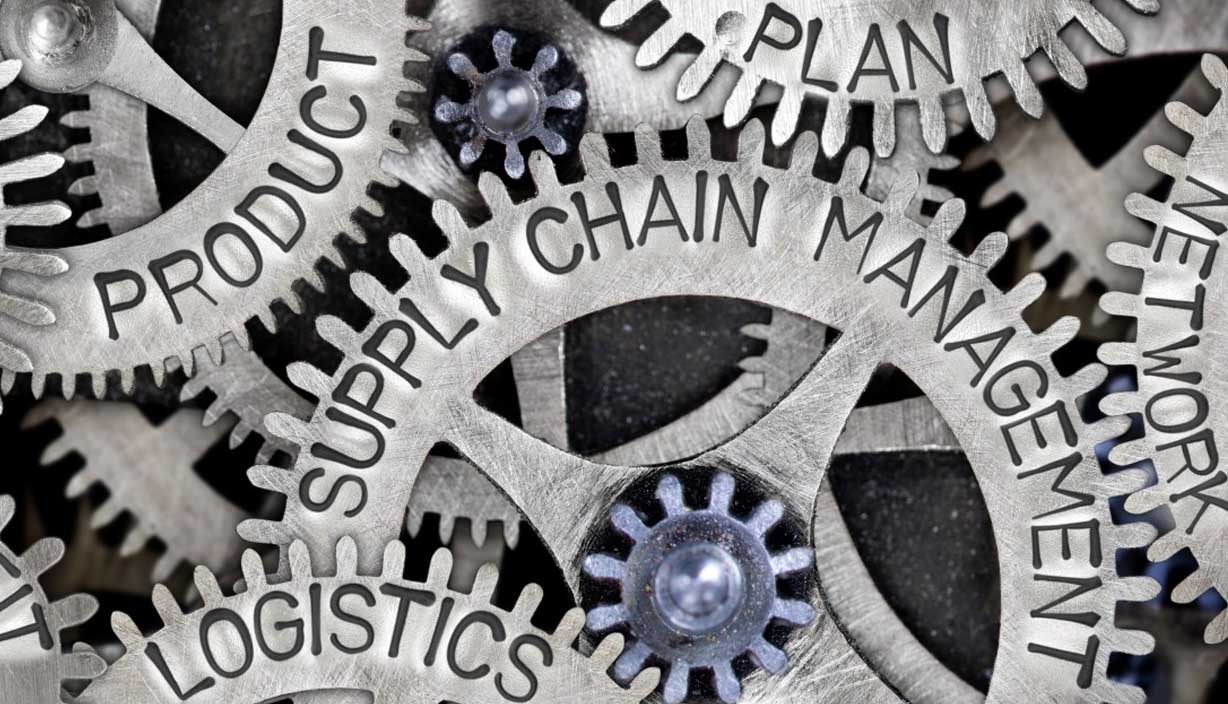
testimonials
Driving Change at ECCO: How a Hands-On Sustainability Workshop Transformed Decision-Making
ECCO’s Sustainability Workshop proved that sustainability is not just a corporate initiative but a mindset that must be embedded in everyday decision-making. By immersing employees in The Triple Connection, the workshop broke down silos, strengthened cross-functional collaboration, and made the trade-offs of sustainable business tangible.
- Sustainability is often treated as a standalone initiative rather than embedded in daily business decisions.
- ECCO partnered with Inchainge to implement The Triple Connection business simulation, where employees had to balance sustainability and profitability.
- Over 1.5 days, the workshop brought together 60 key stakeholders from top and middle management at ECCO’s Conference Center in Denmark.
- Participants experienced firsthand how sustainability trade-offs impact business functions, making the concept tangible and actionable.
The Sustainability Challenge
ECCO, a Danish footwear brand renowned for its high-quality craftsmanship and innovation, has long embraced sustainability as part of its DNA. From responsible sourcing to in-house production and long-lasting design, ECCO has built sustainability into many aspects of its value chain.
But even with strong systems in place, ECCO recognized that true sustainability requires more than operational excellence. It requires a shared mindset at every level of the organization.
To deepen that mindset, ECCO sought to engage its top and middle management in a learning experience that would challenge them to think beyond their own functions and understand how individual decisions ripple across the business.
The goal: to move from sustainability as a process to sustainability as a daily business mindset. To achieve this, ECCO partnered with Inchainge to deliver an immersive workshop using The Triple Connection business simulation.
Bringing Sustainability to Life: Workshop with The Triple Connection
ECCO’s inaugural Sustainability Workshop brought together 60 key stakeholders from top and middle management at the ECCO Conference Center in Denmark. Over 1.5 days, participants stepped into a real-world scenario where their decisions would directly affect both profitability and sustainability.
They worked in cross-functional teams, managing The Triple Connection, a virtual chocolate drink manufacturing company, where every sustainability initiative had a financial impact, and every business decision had sustainability consequences.
“It was really great to see all the different areas of ECCO coming together and trying to work out how we can be more sustainable in a game setup.”
– Verena Meyer, Head of Sustainability
The challenge was clear: how do you transform a company’s business model to be more sustainable while maintaining its financial health?
Participants quickly realized that small decisions had ripple effects, requiring collaboration across departments to align on strategy.

Navigating Complexity: The Aha Moment
At first, the room was met with silence. Teams were deep in analysis, trying to make sense of historical reports and business challenges. It felt like the first overwhelming day in a new job.
Then came the shift.
As teams navigated the data, they quickly realized that sustainability decisions are rarely straightforward. A positive change in one area often created unexpected trade-offs elsewhere, forcing participants to think holistically.
“One of the key takeaways for me was how when you pull the string in one place, it affects another, and how we really have to work together.”
– Liam Maher, VP Global Creative Director
As strategies took shape, the energy in the room changed. Discussions became dynamic, teams became more engaged, and even a sense of competition emerged.
“You could see the participants being silent at first, trying to figure out this new company. They were all behind their laptops, analysing reports, but once they defined their strategy, the buzz in the room grew louder. It was amazing to see them connect the dots and even become competitive with each other.”
– Rada Lazarova, Training Facilitator
Materiality assessments helped teams prioritize sustainability initiatives, ensuring they aligned strategies across departments instead of working in silos. The challenge was no longer just about making the "right" decisions—it was about understanding that sustainability and profitability must go hand in hand.
“When trying to balance running a profitable and sustainable business, it was so interesting to see in real time the tangible trade-offs of every decision—some predictable, others not. The complexity quickly revealed the importance of communication across all disciplines and a cohesive strategy.”
– Bethany Dixon-Cove, Group Environmental Specialist

Impact
The training achieved its objective: it showed how each employee has the power to integrate sustainability into the company’s big picture through their daily actions. Most importantly, the employees were empowered to see sustainability not as a separate function, but as an integral part of all business decisions.
The impact of the workshop was evident in participant feedback:
- 89% found the face-to-face format engaging and effective, reinforcing the value of hands-on, interactive learning.
- 83% agreed that the training fostered teamwork and communication, demonstrating the power of collaboration in solving sustainability challenges.
- 78% of attendees said they would recommend Inchainge products to their colleagues, highlighting the program’s effectiveness.
“We do not have to do sustainability as a big program that comes in and hits everybody from above. It’s actually everyday actions in our supply chain, in our relationship to our suppliers, that drive a lot of the sustainability agenda.”
– Sune Edmund Pedersen, Transformation & Execution
Conclusion
ECCO’s Sustainability Workshop proved that sustainability is not just a corporate initiative but a mindset that must be embedded in everyday decision-making. By immersing employees in The Triple Connection, the workshop broke down silos, strengthened cross-functional collaboration, and made the trade-offs of sustainable business tangible.
At Inchainge, we are proud to have contributed to ECCO’s sustainability journey, by bringing their commitment to life through The Triple Connection.
If you’re ready to equip your teams with the mindset and tools to make sustainable business decisions, explore our sustainable business learning solution or learn more about The Triple Connection business game.
Ready to bring sustainability to life in your organization? Let's get started!

Empowering Students with Real-World Experience
Stephan Verhasselt is a lecturer at FHNW University of Applied Sciences in Switzerland, where he has been teaching for over 10 years. With a background in mechanical engineering and a PhD in supply chain management, Stephan brings a wealth of industry experience to his classes. His goal is to prepare his students for the real world by providing them with hands-on learning experiences.

The essence of supply chain management by Léo Ducrot
Supply chain management is about creating the operating model the company needs to realize its business strategy. It requires to make sure that all the actors of a company are working in the same direction. The Fresh Connection is the perfect tool to understand, experience, and observe the power (and challenges) of alignment. It is a very good learning experience and a lot of fun
